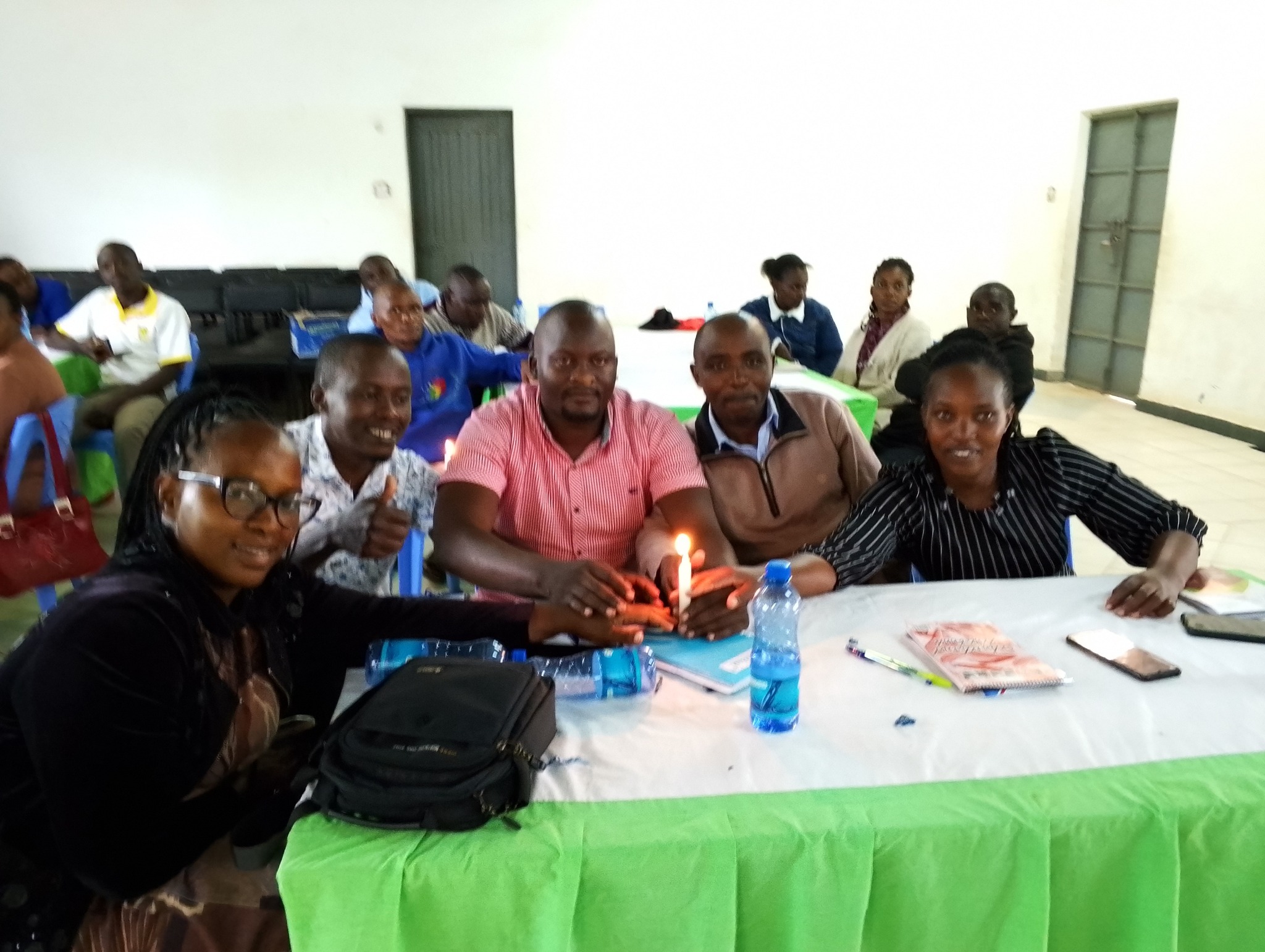State urged to provide more money for teacher training under CBC
The Centre for Mathematics, Science, and Technology Education in Africa has urged the national government to give priority to and increase funding for the retraining and retooling of instructors.
The goal is to guarantee the Competency-Based Curriculum’s successful implementation as it spreads throughout the nation.
Through a more practical, student-centered approach, the CBC, which took the place of the well-established 8-4-4 system, strives to develop students’ skills and talents.
It heavily focuses on fostering skills like critical thinking, creativity, problem-solving, and teamwork, all of which are seen as vital for the 21st-century learner.
Martin Mungai, the deputy coordinator for Stem at CEMASTEA, claims that ongoing professional development is essential to improving teachers’ skills.
At the conclusion of a weeklong training session for secondary school principals in Lamu county, Mungai stressed that the success of the CBC, especially as it moves into the higher junior secondary grades, is greatly contingent upon how well teachers are prepared to implement the new curriculum.
“The government must move fast to make sure teachers are well supported as the CBC now progresses into Grade 10. This includes training them in content delivery as well as giving them the essential resources and infrastructure, like science labs, digital learning resources, and instructional tools,” said Mungai.
He pointed out that the CBC, which places a high premium on science, technology, engineering, and mathematics (Stem), necessitates a shift in teaching methods from conventional to more practical, hands-on methods.
Ongoing training possibilities for teachers are necessary for a smooth transition to a curriculum that meets the changing needs of students.
“There is a genuine need for instructors, especially those in Junior Secondary Schools, to receive refresher training. Under the CBC paradigm, this will allow them to approach STEM topics with greater assurance and guarantee that students get the highest-quality education possible, he continued.
Mungai also emphasized the need for a change in mentality among teachers, urging them to approach CBC with a positive outlook.
He emphasized that teachers may become the most powerful promoters of the new curriculum with the proper support systems in place, even though change frequently brings difficulties.
“Teachers must approach CBC with a sense of ownership and purpose. Their attitude towards the curriculum will either hinder or enhance its successful implementation,” he stated.
Shumi Ali Mohammed, the deputy director of education for Lamu County, emphasized the value of seminars such as the one that took place in Lamu, claiming that they are essential for dispelling the CBC myth and equipping school administrators with the information and abilities they need to put the curriculum into practice.
She also stressed that the CBC’s success depends on a partnership between teachers, school officials, parents, and the community as a whole, not just on instructors.
Shumi also stated that the Ministry of Education is working to improve awareness initiatives at the county and subcounty levels in order to guarantee that all parties involved are in agreement in their support for the curriculum.
“We are fostering discussion and awareness among parents and carers, so that they too may actively participate in their children’s learning experience under CBC. Since the curriculum is learner-centered, everyone participating in a child’s education must comprehend and embrace the strategy.

